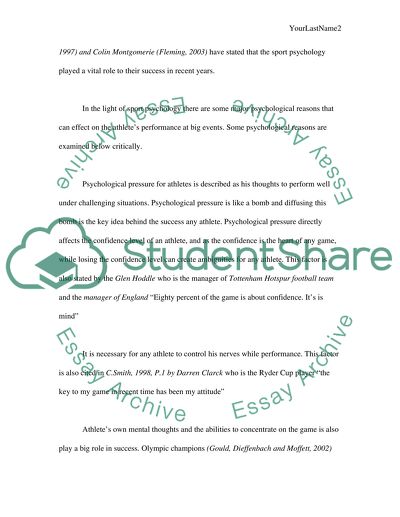Cite this document
(“The role of stimulation in cognitive sport psychology Essay”, n.d.)
Retrieved de https://studentshare.org/psychology/1435208-the-role-of-stimulation-in-cognitive-sport
Retrieved de https://studentshare.org/psychology/1435208-the-role-of-stimulation-in-cognitive-sport
(The Role of Stimulation in Cognitive Sport Psychology Essay)
https://studentshare.org/psychology/1435208-the-role-of-stimulation-in-cognitive-sport.
https://studentshare.org/psychology/1435208-the-role-of-stimulation-in-cognitive-sport.
“The Role of Stimulation in Cognitive Sport Psychology Essay”, n.d. https://studentshare.org/psychology/1435208-the-role-of-stimulation-in-cognitive-sport.


